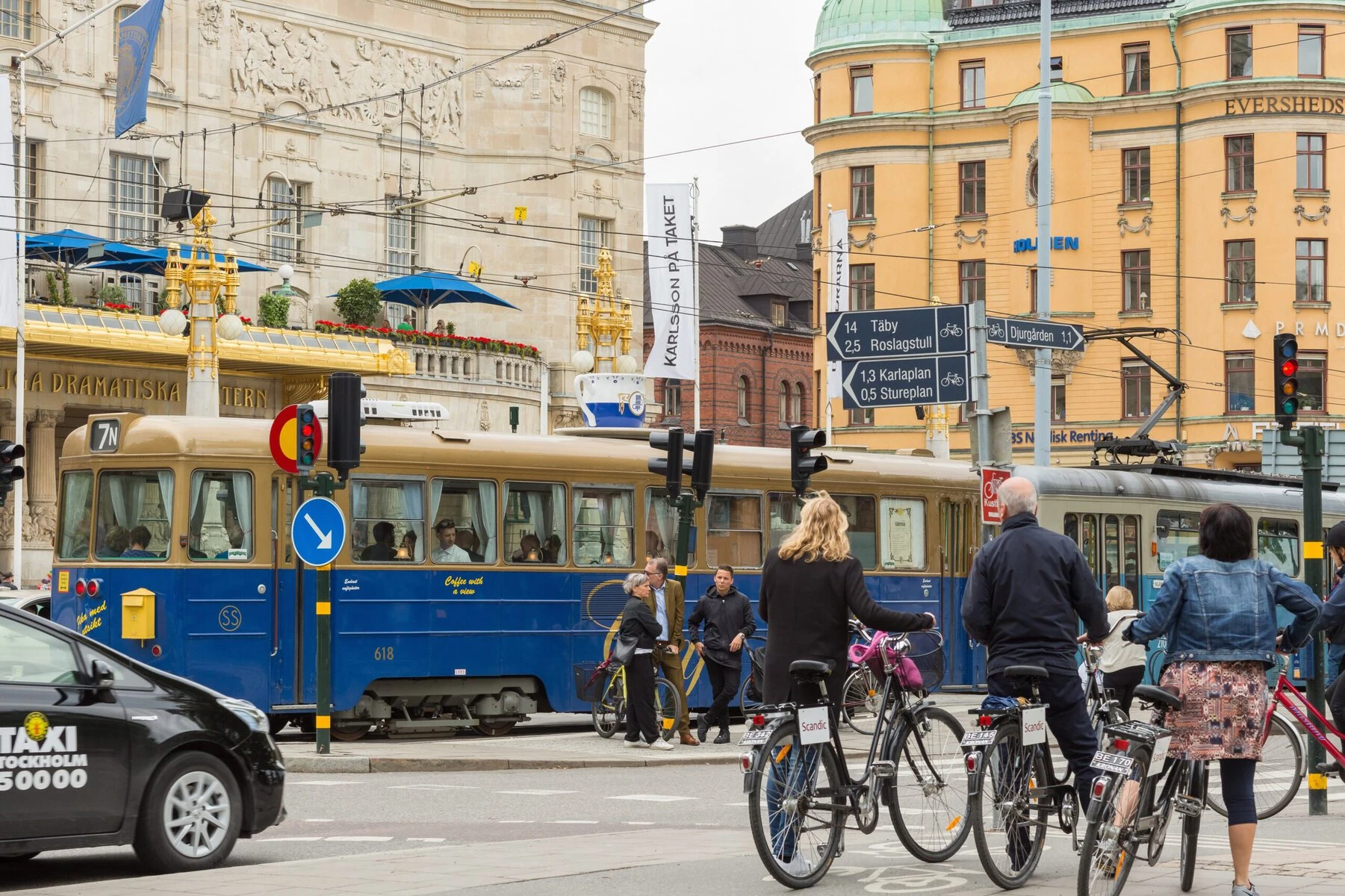Welcome back to our weekly behind-the-scenes glimpse at what’s getting our team talking. Let us know what you think at [email protected].
Under the sea
In recent years, there has been a lot of grim news about the toll climate change is taking on coral reefs. But as Yale Environment 360 reports in a story shared by RTBC Executive Editor Will Doig, several coral restoration projects are exploring ways to help corals acclimatize to heat waves through what’s known as “assisted evolution.” Assisted evolution means more or less what it sounds like: humans intervening in natural processes in hopes of speeding them along.
Will says:
For the first time, scientists have successfully produced corals through selective breeding that are able to resist marine heat waves. Scalability is yet to be seen, but it’s one of the more promising results to come out of recent efforts to protect coral reefs from the effects of climate change.
Food for thought
This week, 400 food banks in London have been overwhelmed — in a good way — thanks to a mass donation. As Farmers Weekly reports in an article shared by Audience Engagement Manager Sophie Pitt, participants in the London Farmers Rally brought everything from fresh veggies to meat and milk. Some farmers reportedly maneuvered full wheelbarrows through the crowd.
Sophie says:
Ten thousand farmers descended on London on Tuesday to protest inheritance tax changes, but they didn’t come empty-handed. Organizers of the London Farmers Rally asked participants to bring produce for a mass donation to the city’s food banks. I love the power of this peaceful protest.
What else we’re reading
🌊 How I’m turning seaweed into biofuel for cars on Barbados — shared by RTBC founder David Byrne from Nature
🐻 Get away, grizzly: why scientists are chasing bears with drones — shared by Rebecca Worby from The Guardian
☀️ These American Climate Corps Workers Are Paving a Just, Green Future | Atmos — shared by Contributing Editor Michaela Haas from Atmos
In other news…
In June, when New York City put its congestion pricing plans on hold, we reported on both the last-minute decision and the success of congestion pricing elsewhere.

Now, New York’s plan is set to move forward: The board of the MTA has approved congestion pricing (at a toll of $9 instead of the original $15). Learn more about the positive changes this could bring to the city.












